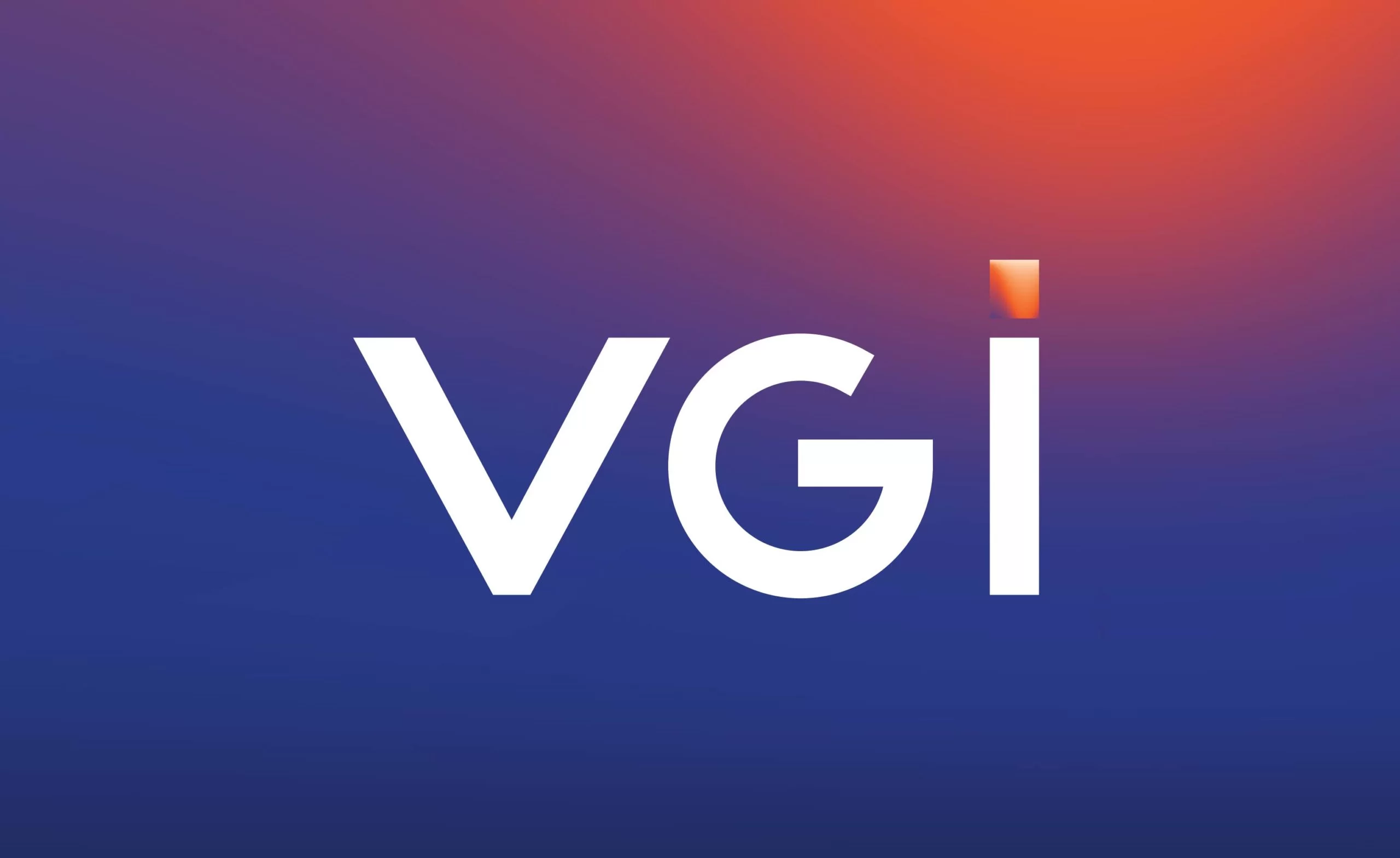VGI Public Company Limited, best known as Thailand’s leading out-of-home advertising operator, is pushing beyond media and into financial services as it looks to broaden its growth prospects. The group, founded in 1995 as the exclusive advertising partner for Bangkok’s BTS Skytrain, has announced plans to participate in Thailand’s upcoming virtual banking programme, underscoring its ambitions to reposition itself as more than a transit-based media company.
From billboards to banking
For two decades, VGI’s business was defined by its advertising assets: posters, wraps and digital screens across the capital’s elevated rail network and beyond. But in recent years the group has moved to diversify, first through investments in data-driven marketing and mobile payments, and now with an eye on the financial sector.
Thailand’s central bank is preparing to issue the country’s first virtual banking licences, following the example of Hong Kong and Singapore. These new entrants will be allowed to operate without traditional branch networks, targeting underserved consumers with digital-first services. VGI has signalled its interest in securing a role in this emerging segment, working with partners to structure applications and raising fresh capital to support the effort.
Strategic logic
The move reflects the company’s belief that its consumer reach and behavioural data can be leveraged well beyond advertising. Millions of commuters pass through VGI-managed spaces each day, generating a wealth of insights into mobility, consumption patterns and engagement. By layering payments, lending and insurance products onto this ecosystem, the group sees an opportunity to turn passive audiences into active customers.
The strategy mirrors a broader Southeast Asian trend where the lines between media, technology and finance are increasingly blurred. Super-apps such as Grab, Gojek and Shopee have already shown how transport, e-commerce and payments can converge. For VGI, embedding financial services into its platform offers a way to capture more value per user and create stickier relationships with both consumers and advertisers.
Regional opportunity
Thailand presents fertile ground for virtual banking. Despite relatively high smartphone penetration, a significant portion of the population remains underbanked, relying on cash or informal credit. Regulators are encouraging new digital players to address this gap, particularly among younger consumers and small businesses. For VGI, participation in this sector could open up access to a market measured in tens of millions of potential clients.
At the same time, the pivot into finance provides a hedge against the volatility of advertising revenues. With global digital platforms absorbing a growing share of ad budgets, local operators are under pressure to expand into adjacent businesses. VGI’s push into fintech highlights how Southeast Asian media groups are seeking resilience through diversification.
Institutionally, the company has bolstered its credentials with the Stock Exchange of Thailand’s “ESG DNA” certification, an asset as it approaches both advertisers and investors wary of sustainability risks. Expanding into digital finance will test whether VGI can maintain those standards while scaling into a highly regulated and competitive field.
Why it matters
VGI’s entry into finance is more than a diversification strategy: it reflects the region’s shifting industrial landscape, where consumer attention, data and payments are increasingly intertwined. The move positions the Thai group at the intersection of advertising and fintech — an unusual combination, but one that could become more common as companies across Southeast Asia seek to monetise reach in new ways.
As the virtual banking framework takes shape in 2025, VGI’s ability to translate its transit-based advertising empire into a platform for financial services will be closely watched. If successful, it could signal a new model for media operators in the region — one where the leap from billboards to banking is not as improbable as it once seemed.



































